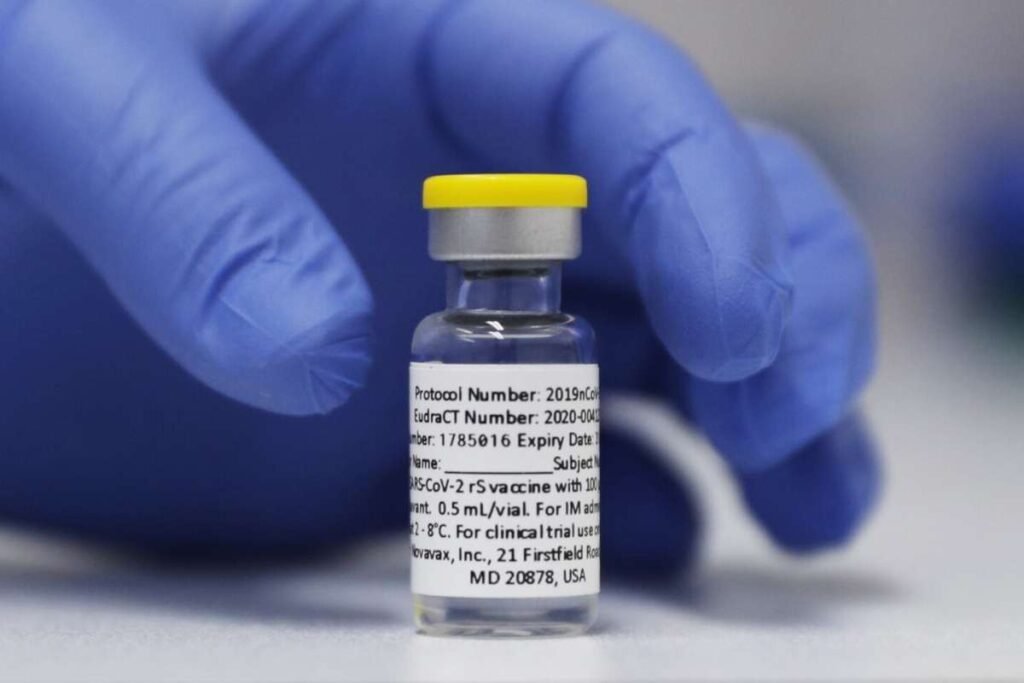In a significant shift in U.S. COVID Vaccine Policy the Food and Drug Administration’s (FDA) top vaccine regulator, Dr. Vinay Prasad, has overridden internal staff recommendations to limit the use of the latest COVID-19 vaccines. Despite FDA scientists endorsing broader use of updated Moderna and Novavax vaccines for individuals aged 12 and above, Dr. Prasad restricted their authorization to seniors and high-risk individuals only.
Dr. Prasad’s justification centers on current epidemiological trends: COVID-19 hospitalizations and deaths have markedly declined, while rare but concerning side effects, such as myocarditis in young men, remain a factor. Under this revised COVID Vaccine Policy, Moderna is now required to conduct additional post-market safety studies and include enhanced warning labels on its vaccine packaging.
This decision, disclosed through internal memos obtained by The New York Times, has raised alarm among career scientists, some of whom argue that the scientific consensus supporting broader access was dismissed without sufficient transparency.
A Political and Scientific Shift Under New Leadership
Dr. Prasad’s appointment follows the controversial resignation of Dr. Peter Marks in May, amid political reshuffling driven by Health Secretary Robert F. Kennedy Jr., a known vaccine skeptic. Since then, the FDA has taken a more conservative stance on vaccine approvals, including updated booster shots.
In May, the agency published a new framework in the New England Journal of Medicine, narrowing booster eligibility primarily to people aged 65 and older or those with chronic health conditions. Healthy adults under 65 will now require participation in randomized clinical trials to gain access to future boosters — a sharp contrast to the broader public access previously endorsed by the FDA and CDC.
These COVID Vaccine Policy shifts bring the U.S. more in line with European regulatory approaches. However, they also risk creating barriers for caregivers, essential workers, and families, especially in underserved communities.
Medical Community and Public Health Experts React
The FDA’s new direction has sparked intense debate. Public health experts worry that restricting access could lead to a two-tiered system, where only high-risk groups benefit from updated protection, while younger and healthier populations face hurdles in getting vaccinated. Critics argue that the risk of myocarditis is still greater after COVID infection than after vaccination, and that denying access might undermine public health.
The American Academy of Pediatrics warned that this COVID Vaccine Policy could create confusion among parents and limit vaccination options for children and adolescents. Some healthcare professionals have called the changes “borderline unethical,” citing concerns over equity and potential disruptions to insurance coverage for vaccines.
A spokesperson for the Department of Health defended Prasad’s decision, stating it was based on “serious concerns” about adverse effects and driven by science, not ideology. Still, the divide between regulators and long-standing agency scientists points to deeper tensions over how vaccine oversight should evolve in a post-pandemic world.
As the FDA under new leadership redefines its vaccine strategy, questions of access, scientific independence, and public trust loom large. Whether this recalibrated approach ensures safety or creates new risks remains a matter of national debate.
Sources:
https://www.nytimes.com/2025/07/02/health/fda-covid-vaccines.html
https://www.cnn.com/2025/07/02/health/fda-covid-vaccines-prasad









